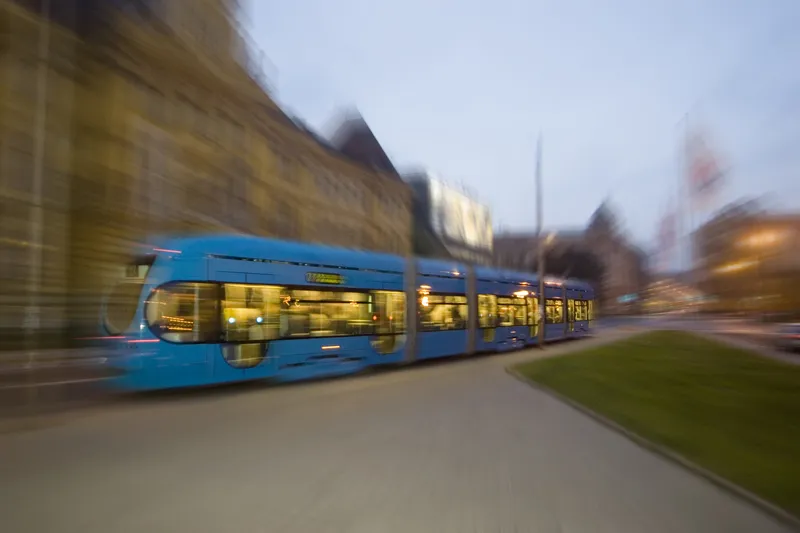Indra, Spain’s leading IT multinational, has been awarded a contract with the Public Transportation Municipal Company in Wroclaw, which is the fourth largest city in Poland, to install its intelligent public transportation management technology for US$22.23 million and a one year execution period. Indra will install an operations assistance system (OAS) that includes passenger information subsystems, fleet management and video surveillance for 251 vehicles, 136 buses and 115 trams in the city. The OAS will
March 22, 2012
Read time: 3 mins
Indra will install an operations assistance system (OAS) that includes passenger information subsystems, fleet management and video surveillance for 251 vehicles, 136 buses and 115 trams in the city. The OAS will provide greater management efficiency and improve the quality of the services offered to residents, information about demand, employee and user safety, vandalism control and accident audits.
The OAS, the brains behind passenger transport, will consist of three basic pillars: on-board GPS-based management, control and location equipment; a mobile communications infrastructure based on GPRS and 3G technology; and the control centre, which monitors and controls the service and is based on geographic information systems (GIS) that make it possible to know the location of any fleet vehicle at any moment and to make decisions in real time in the event of incidents, reinforcement needs, etc. The solution will also include tools for generating reports and graphs, which facilitate supervising the service and measuring its quality parameters so it may be better adjusted to actual citizen demands.
This technology makes it possible to manage the on-board public information system from the control centre. The system provides information to passengers such as the next stop, possible incidents, estimated arrival times, and also allows to manage the broadcast of advertising, news or entertainment content, among others.
The on-board video surveillance system will also be fully integrated with the OAS and it will allow to record, transmit and view images in real time. Each vehicle will be equipped with several cameras (in some cases up to ten) with the aim of offering increased safety to employees and users, while dissuading and helping prevent possible aggressions or vandalism to windows and seats, which is a practice that results in significant maintenance costs for public passenger transportation companies. One of the cameras - the ‘driver's eye’ - will focus on the road ahead to view exactly what the driver sees, which will be a great assistance for audits that are performed in the event of an accident as well as for the control centre to know the status of traffic or possible incidents in real time.
In addition, 18 vehicles will be equipped with a passenger counter system that will record the number of passengers who board and exit, making it possible to know the current occupancy so as to avoid surpassing the maximum capacity, request reinforcement vehicles for demand peaks, perform mobility studies, etc. The project also includes a navigation support system for drivers that provides voice orders from the control centre for regulating the service.
All the technology installed by Indra is especially designed to support extreme temperature conditions since Wroclaw can drop below -15ºC in the winter.
This Polish project reinforces Indra as one of the leading companies for public transportation operations assistance systems, with nearly 10,000 vehicles managed using its technology throughout the world and references in countries that include Mexico, Colombia, Peru, Argentina, Morocco, Portugal and Spain. The company’s solution has also proven its versatility by allowing it to manage railway lines, trams and buses for short, medium or long distance routes.








